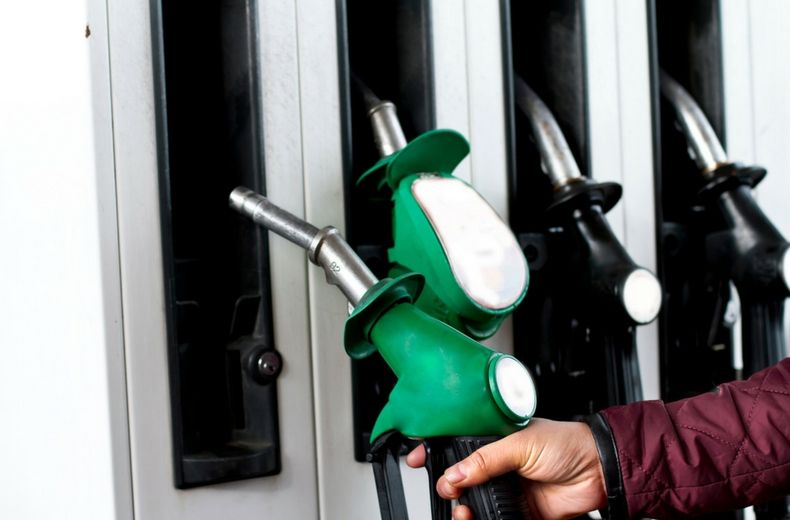This makes for two consecutive monthly drops, data from RAC Fuel Watch* shows.
In fact the price of unleaded at 127.95p is still nearly 4p a litre too high and should be cut by retailers.
Instead though, the saving in the wholesale price is not being passed on at the forecourt, with retailers potentially thinking drivers would just be grateful that prices have not shot up after the supply disruption.
The only part of the UK that appears to be charging a fair price for fuel is Northern Ireland. When comparing prices for both petrol and diesel there to the UK average prices there is a very clear difference.
In Northern Ireland the average price of a litre of unleaded is 125.87p – 2p a litre cheaper than the UK equivalent. Diesel, which rose 0.35p to 132.07p, is also more than 2p a litre less in Northern Ireland. The UK forecourt price of diesel is also nearly 3p a litre too high.

Cheaper than AA or we’ll beat by 20%^
• Roadside cover from £5.49 a month*
• We get to most breakdowns in 60 mins or less
• Our patrols fix 4/5 breakdowns on the spot

RAC fuel spokesman Simon Williams said: “Currently, the prices drivers pay for fuel in Northern Ireland are on average 2p a litre cheaper than the rest of the UK which means retailers in the rest of the UK are charging more than they should. If they can afford to charge less there, they can afford to elsewhere: this can only mean that drivers in the rest of the UK are being taken advantage of.
“We would very much like to hear retailers’ justification for this price differential. Northern Ireland is more often a cheaper place for petrol and diesel due to greater competition among retailers, but in the last two months we’ve seen this gap widen which can only mean drivers in the rest of the UK are losing out.”
At an average price of 127.95p a litre, UK petrol drivers are paying £70.37 (48p less than August) to fill up a 55-litre family car. In Northern Ireland the cost is £1.15 cheaper at £69.22.
A tank of diesel is an average of £72.64 (up 19p on August) across the UK but £71.34 in Northern Ireland – £1.3 less.
The big four supermarkets – which lead the UK fuel market based on selling 45% of all petrol and diesel – were charging an average of 123.90p – down 1.21p on August – and 127.88p for diesel – up 0.22p. This means buying from a large supermarket is currently 4p cheaper for both petrol and diesel than the UK average.
- Petrol and diesel prices | RAC Fuel Watch
- How to save fuel - the ultimate guide
- What is the best fuel for my car? The definitive guide to different fuel types
Simon Williams added: “Generally, supermarket fuel tends to be 3p a litre cheaper than the UK average. We have on occasion seen some much bigger differences between the supermarket average and the UK average prices. If supermarket fuel is priced much lower than the UK average as it is now, this usually indicates independent retailers aren’t passing on enough of the savings in the wholesale price.
“This doesn’t mean there isn’t scope for the supermarkets to do more by lowering their prices more, it means that independent retailers simply are choosing not compete as much or simply aren’t able to for financial reasons.
“The outlook for drivers at the pumps is looking reasonable despite the refinery attacks in Saudi Arabia. Not only was the impact of the resulting drop in production lessened by Saudi’s state-owned oil company releasing crude reserves, fears of a global economic slowdown caused the oil price to reduce. If this continues, it should translate into lower pump prices for drivers in the UK.”
Is it illegal to drive without shoes?
Get the answer and more useful driving content sent straight to your inbox.








